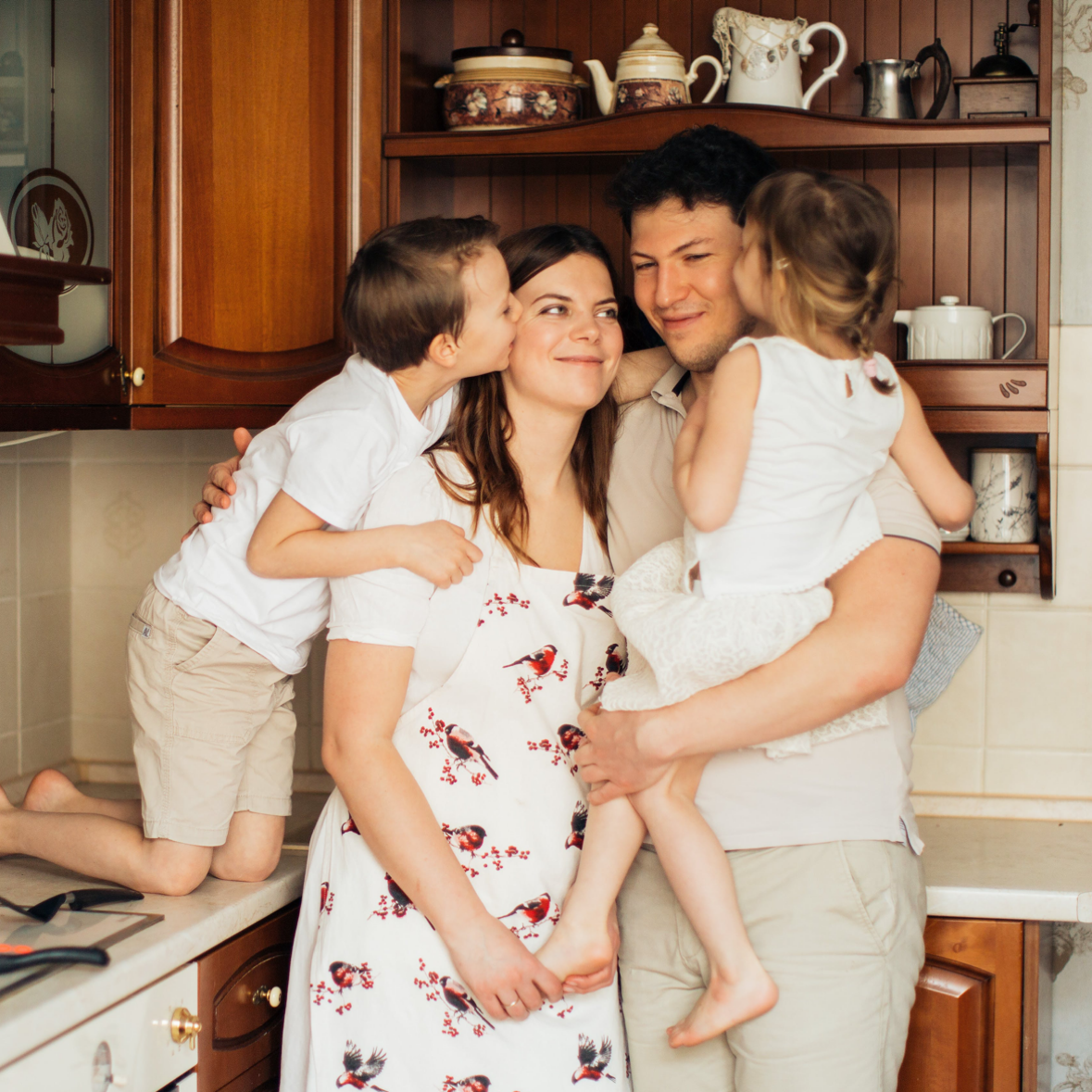
“But I tell you who hear me: Love your enemies, do good to those who hate you, bless those who curse you, and pray for those who mistreat you” (Luke 6:27-28).
Jesus couldn’t have been more clear that following him means imitating the Father’s radically generous, unconditional love. He didn’t just preach this love; he embodied it through his death on the cross, and he expected his disciples to “take up their cross and follow me” (Matthew 16:24).
Over the centuries, those words have inspired countless Christians to heroic acts of love, sometimes to the point of sacrificing their lives.
Unfortunately, too many Christians also take Jesus’ teaching to mean that they ought to patiently put up with bad behavior from difficult—or even abusive—people.
But as Dr. Greg and Lisa Popcak frequently point out to callers on their More2Life radio show, that’s a serious misunderstanding of Jesus’ call to radical love. In fact, such an approach may not be loving at all.
Jesus Wasn’t Always ‘Nice’
To see why Christian love sometimes calls for us to stand up for ourselves, set healthy boundaries, and in some cases, even end a relationship, we need to get a fuller picture of who Jesus really was.
Jesus dealt with “difficult” people all the time. Sometimes, those difficult people were even his closest friends! Other times, they were religious authorities who had it out for him.
Did Jesus quietly tolerate problematic behavior in the interest of “being nice”? He certainly stood up to the religious leaders who opposed him, often in forceful terms that left no question about their need for a change of heart.
Nor did he let his friends off the hook when they went astray. He famously rebuked Peter just moments after Peter confessed that Jesus was the Son of God (Matthew 16:23).
At the same time, Jesus met known sinners with tenderness and mercy: think of his encounter with Zacchaeus or the woman caught in adultery, for example.
Real Love Works for the Good of the Other
Each of these very different approaches had a common motivation: Jesus’ genuine love for the person, tuned to achieve the good of the person he was encountering. As St. Thomas Aquinas would later put it, Christ-like love “wills the good of the other.” Christian love cooperates with God to help the other person become fully the person God desires them to be.
At the heart of our love for anybody, then, is the question: “What do I need to do to help this person achieve the good that God wants for him or her?”
In a healthy relationship, the answer would begin with the needs and desires of the other person. But in the case of someone whose problematic behavior is causing real, ongoing harm to us or other people, the bar is a lot lower. In these cases, really loving the person begins with not letting them mistreat you or other people. Instead, it begins with helping them become a better person.
Usually, the first step is to engage the person in a respectful, cooperative conversation about how to change the problem behavior. In God Help Me! These People Are Driving Me Nuts! Making Peace with Difficult People, Dr. Popcak outlines a five-step process for doing that.
If a person isn’t open to cooperatively working on the problem, then the next step might be setting limits or boundaries on the relationship. Ideally, these boundaries are targeted at the problem behavior and don’t cut off the relationship completely.
Sometimes, though, it is necessary to end the relationship entirely, especially if your life or health are in danger. As the Church teaches, we have a duty to care for our own life (Catechism of the Catholic Church #2264).
The Love of the Cross
At this point, you may wonder how Jesus’ call for his disciples to “take up their cross and follow me” fits into the picture of Christian life. After all, plenty of saints have suffered, and even given their life, for the sake of Christ.
What distinguishes the sacrifice of the cross, though, is that it served a higher purpose; Jesus sacrificed his life to save all humanity. The sacrifices of the saints and martyrs participated in that sacrifice. For instance, saints such as Maximilian Kolbe, Gianna Beretta Molla, Oscar Romero, and Maria Goretti sacrificed their lives in order to save another life, or to stand up for truth and justice.
Each of us has everyday opportunities to practice this sort of sacrificial love: quietly putting up with a spouse’s annoying but harmless habit, getting up with the baby so your spouse can get some much-needed rest, ignoring a stranger’s rudeness out of charity.
But if you’re dealing with someone whose behavior is causing real problems, then ask yourself: Is putting up with this behavior really the best way to love this person? Does it serve Christ and the Kingdom of God?
If the answer is “no,” then it might be time to imitate Jesus’ other ways of loving difficult people.
For much more on this topic, check out God Help Me! These People Are Driving Me Nuts! And if you need professional, one-on-one help navigating a difficult relationship, reach out to one of the Catholic counselors at CatholicCounselors.com.






